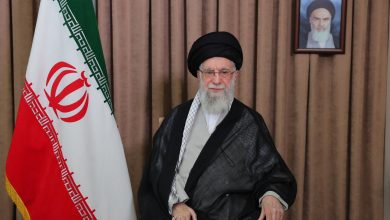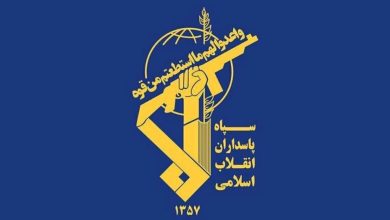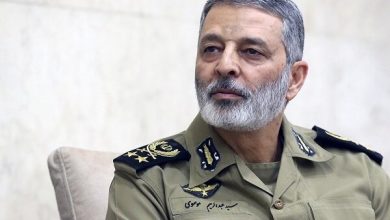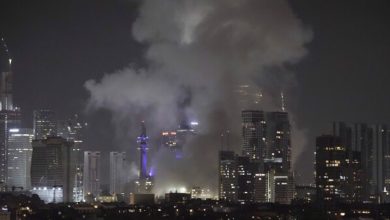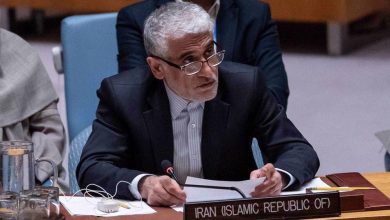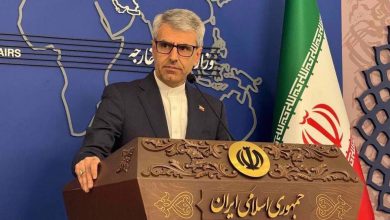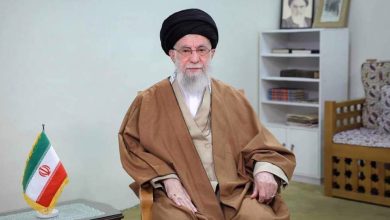US reportedly exerting pressure on Lebanese government to distance itself from Hezbollah
The United States has reportedly been obstructing initiatives intended to establish a new government in Lebanon. The report suggests that Washington is exerting pressure on Lebanon's top leadership to limit the influence of the Hezbollah resistance movement and its allies in the formation of the new cabinet.
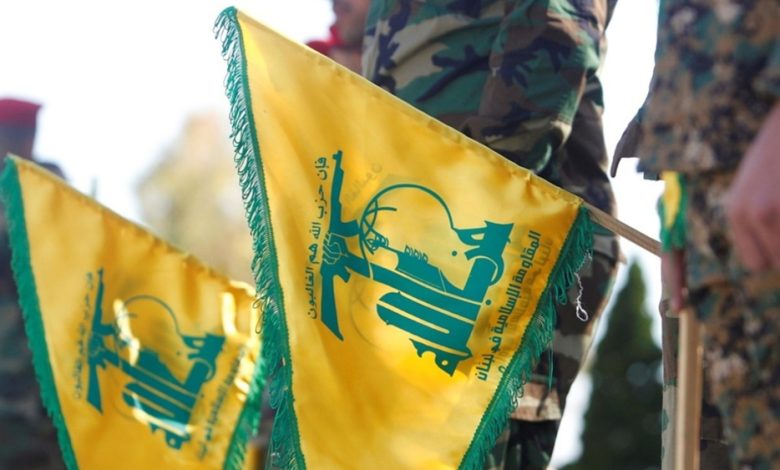
According to Reuters, five anonymous sources have revealed that U.S. officials have conveyed messages to Lebanon’s Prime Minister-designate Nawaf Salam and President Joseph Aoun, urging them to curb Hezbollah’s influence in the nation’s sectarian political landscape.
Sources have indicated that Washington is exerting pressure on senior Lebanese officials to prevent Hezbollah and its affiliates from nominating candidates for the position of the country’s next finance minister.
U.S. officials have conveyed communications to Salam and Lebanese President Joseph Aoun, advising against the inclusion of Hezbollah in the forthcoming cabinet.
According to a recent report, US-Lebanese businessman Massaad Boulos, who was appointed by former US President Donald Trump as an advisor on West Asian affairs, is among those involved in relaying messages.
According to three separate sources, the decision by Salam to permit Hezbollah or its ally, the Amal Movement, to appoint a finance minister may jeopardize Lebanon’s potential to secure international financial aid. This development comes amid efforts to reconstruct regions devastated by Israel’s extensive and destructive military campaign.
A Member of Parliament from the Amal Movement has denounced what he described as “extremely impudent” pressure exerted by the United States on the Beirut-based newspaper, Al-Akhbar.
According to recent reports, Lebanese Parliament Speaker and leader of the Amal Movement, Nabih Berri, has opted to put forward Yassin Jaber, a former minister with close ties to his party, as a candidate for the position of finance minister.
Political tensions have intensified in Lebanon as a dispute over the appointment of the finance minister and several other cabinet positions unfolds. The Christian Lebanese Forces Party, known for its strong opposition to Hezbollah, has issued a warning that it may boycott the government if Hezbollah and the Amal Movement proceed with naming candidates for these crucial roles.
The formation of a government in Lebanon is frequently a prolonged process, attributed to the nation’s intricate political and social landscape. Lebanon’s power-sharing framework allocates key state positions based on sectarian affiliations: the presidency is reserved for a Maronite Christian, the prime minister’s role for a Sunni Muslim, and the parliamentary speaker’s position for a Shia Muslim.
The Lebanese parliament last month elected Army Commander General Joseph Aoun as the nation’s head of state, thereby concluding a political stalemate that persisted for more than two years following the departure of President Michel Aoun from office in October 2022.
The election of the new leader has sparked optimism for revitalizing the conflict-ravaged eastern Mediterranean nation and steering it away from its current economic turmoil.

